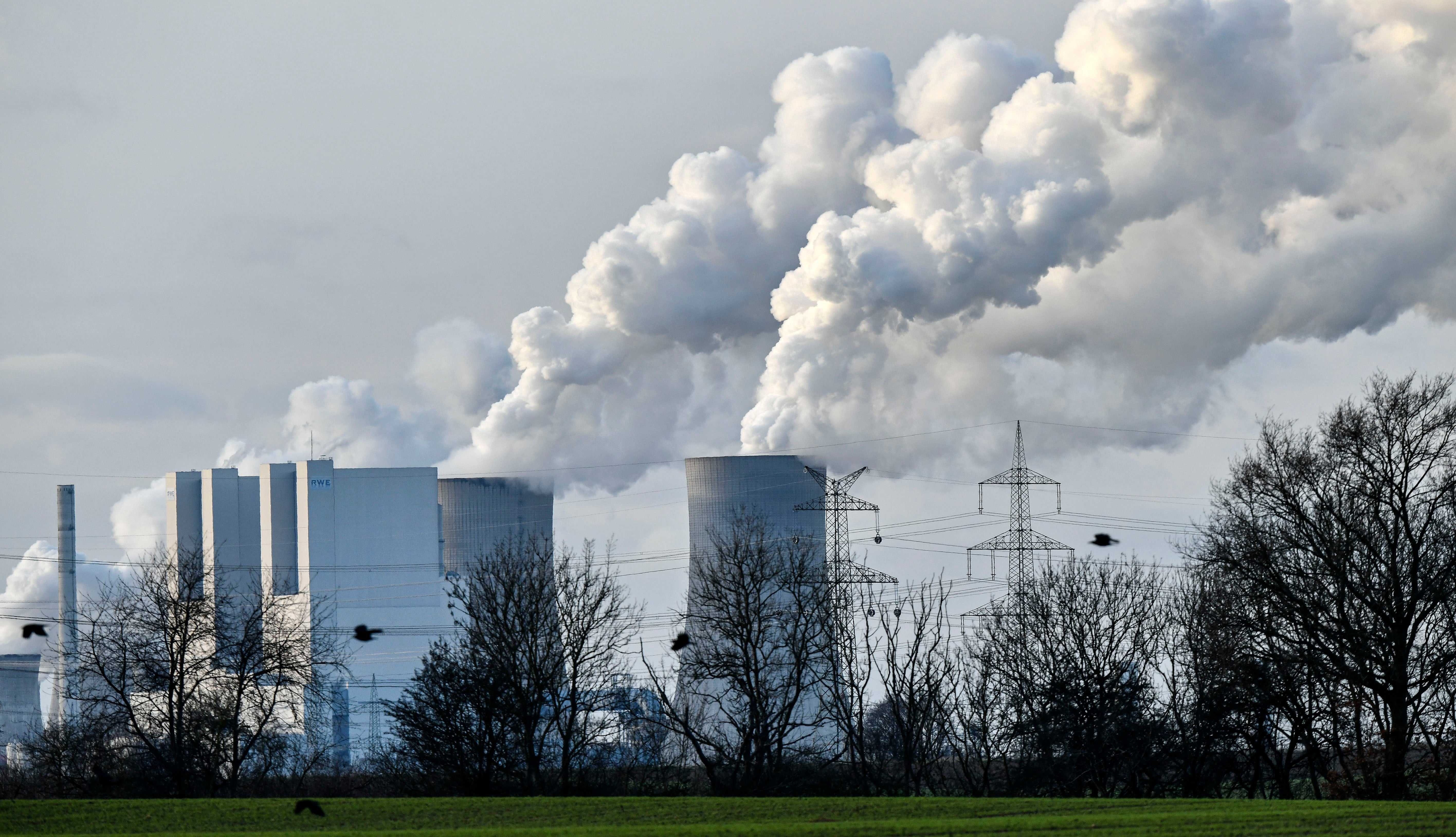Fossil fuel firms sue governments for £13bn over climate action
British companies Rockhopper and Ascent Resources are among firms taking legal action

Fossil fuel companies are suing governments for more than £13bn for taking climate and environmental action that could harm their profits, new figures reveal.
Five energy companies, including British companies Rockhopper and Ascent Resources, are suing governments through investor-state dispute settlement (ISDS), a legal process that allows companies to sue governments under international laws governing trade and investment deals.
The £13bn demanded by just five companies is almost equivalent to the entire net annual climate funding provided by rich countries to the developing world, according to climate campaigners Global Justice Now.
The group warns that the courts threaten governments’ ability to take climate action and could “make a mockery” of commitments at November’s Cop26 summit in Glasgow.
Rockhopper is suing Italy for £235m over a ban on offshore oil drilling close to the country’s coast, while Ascent Resources is demanding £85.5m from Slovenia for requiring an environmental impact assessment on fracking plans
RWE and Uniper are suing the Dutch government for £1.2bn and £725m respectively for deciding to phase out coal.
TC Energy, the company behind the Keystone XL pipeline has filed the largest case, claiming nearly £11bn from the US government for cancelling the project on environmental and social justice grounds.
Jean Blaylock, trade campaigner at Global Justice Now, said: “Fossil fuel companies should be paying to fix the climate crisis they caused, but instead they want a pay-out.
“They’re suing governments who take climate action through secretive corporate courts, massively increasing the cost of climate action.
“These courts are built into trade deals and operate outside of and supersede domestic courts and legal systems. That means a country that passes meaningful legislation to phase out fossil fuels could face a multi-billion dollar fine, despite acting entirely legally. It’s utterly undemocratic.”
A spokesperson for Rockhoppers said: “The Energy Charter Treaty is designed to provide a stable platform for energy sector investments. The Italian government issued licences and encouraged significant investment in oil and gas exploration, based on this platform.
“Clearly it is not equitable to change the rules halfway through. It is also important to note that those rule changes made by the Italian government were not related to climate change and that Italy continues to produce significant quantities of oil and gas within 12 miles of the coast.”
A spokesperson for German company RWE said: “RWE is not suing the Dutch government for deciding to phase out coal. We expressly support the energy transition in the Netherlands and associated measures to reduce carbon emissions.
“We have set ourselves ambitious CO2 emission reduction targets which are science-based: the renowned Science Based Targets initiative has confirmed that RWE’s emissions reduction targets are in line with the Paris Agreement.
“RWE will become climate neutral by 2040 and is one of the world’s leading players in renewables.
“Dutch law does not provide for the resulting disruption to the property of affected companies. We do not consider this right.
“As a company headquartered in Germany, RWE has therefore filed a request for arbitration against the Netherlands at the International Centre for Settlement of Investment Disputes (ICSID) in Washington under the Energy Charter Treaty.”
A spokesperson for Ascent Resources told Sky News “Slovenia’s Ministry of Health, Ministry of Infrastructure, the Institute of the Republic of Slovenia for Nature Conservation, the Forestry Institute of the Republic of Slovenia, the Chemical Office of the Republic of Slovenia and the Conservation Institute of the Republic of Slovenia all concluded that an Environmental Impact Assessment (EIA) was not required.
“The ARSO [Slovenian Environment Agency] decision was therefore not based on the recommendations of Slovenia’s own experts and, furthermore, it contradicted the opinions they gave.
“It is therefore manifestly arbitrary and unreasonable.”
Uniper and TC Energy have been approached for a comment.
The UK is a hub for the ISDS system, which is dominated by a relatively small number of specialist law firms who actively promote using corporate courts against governments taking climate action, Global Justice Now states.
Protesters from Global Justice Now are gathering on Friday outside the offices of the companies and their lawyers. Circus performers will unravel blue fabric to symbolise flooding and rising sea levels.
Join our commenting forum
Join thought-provoking conversations, follow other Independent readers and see their replies
Comments
Bookmark popover
Removed from bookmarks